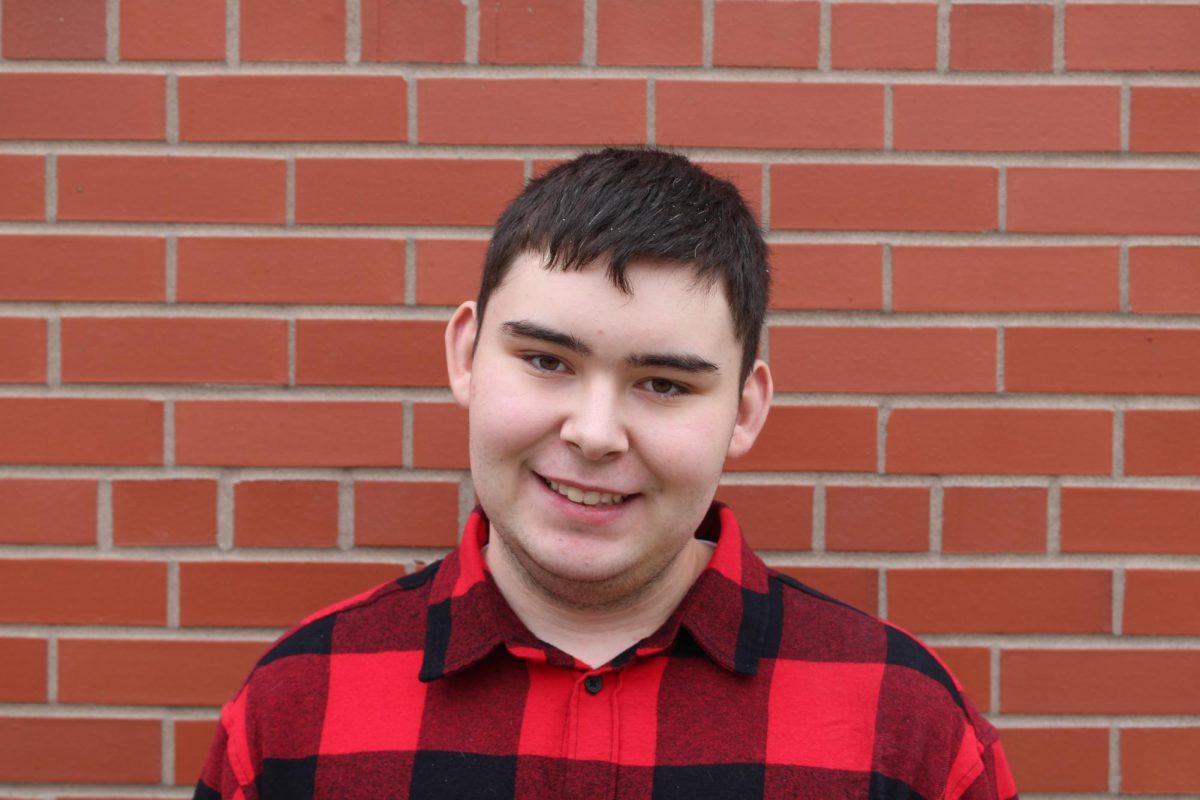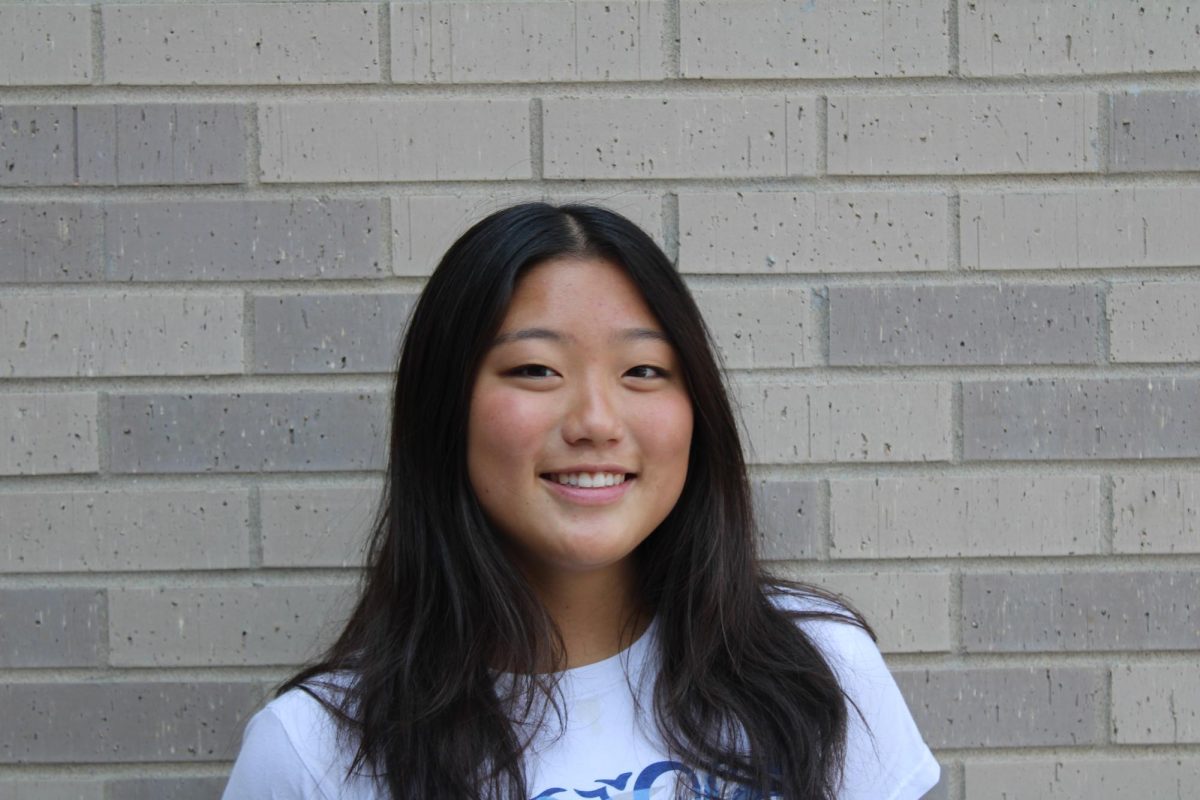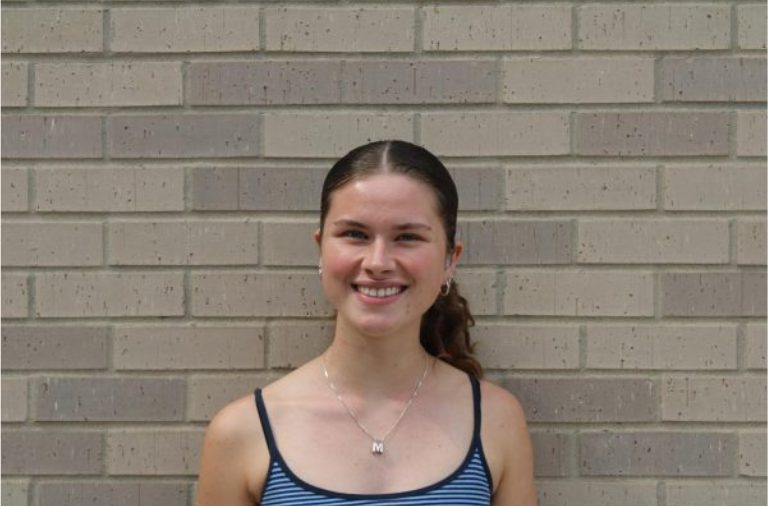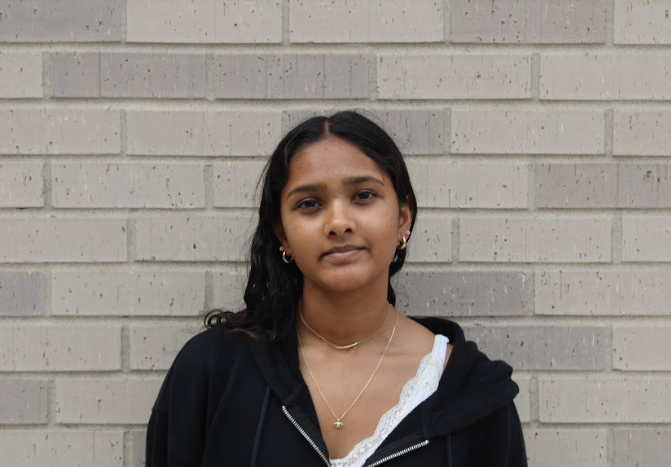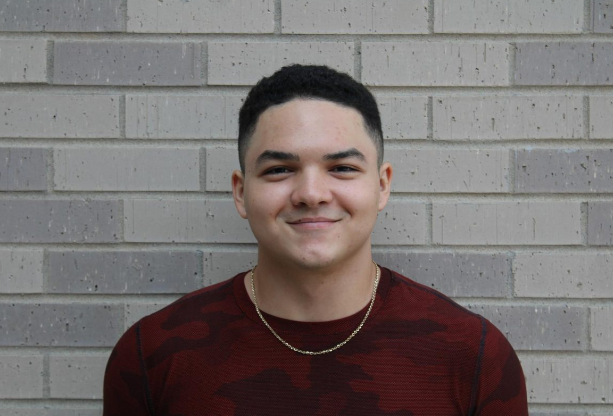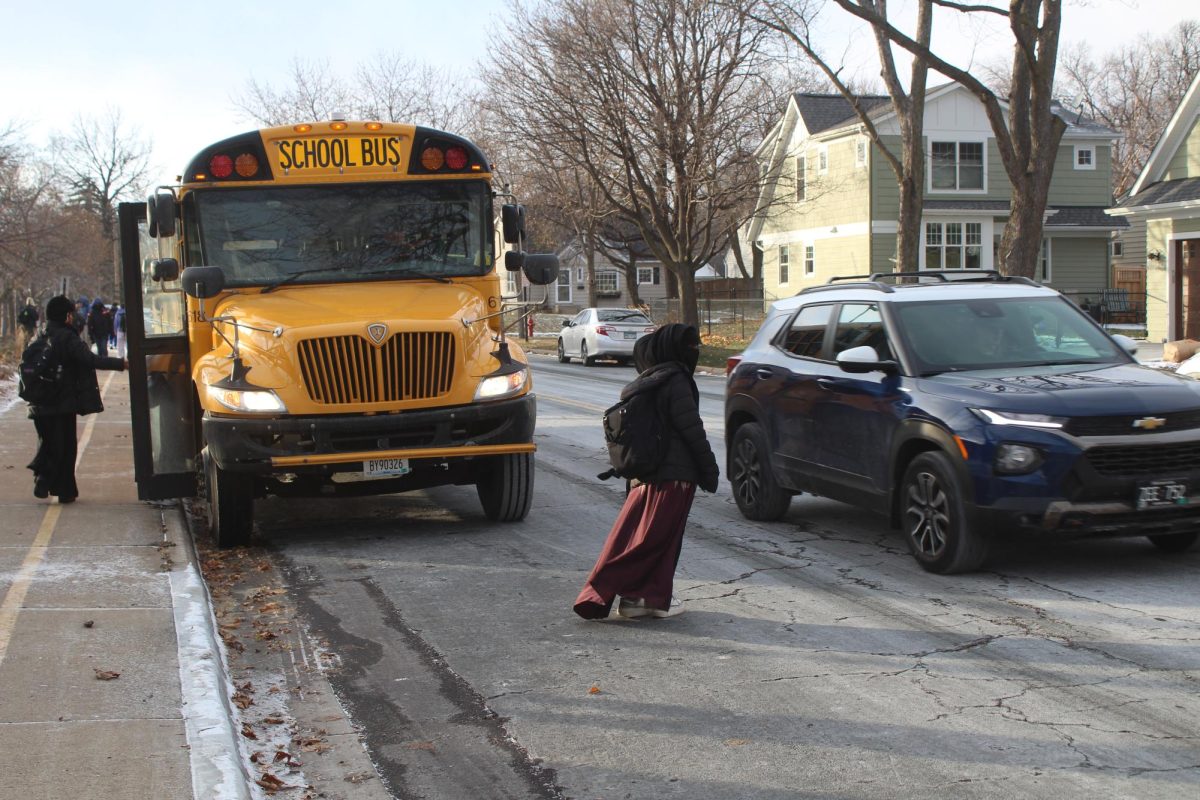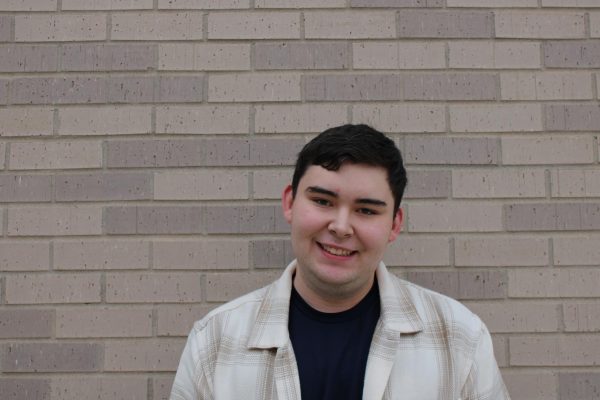Over the past month, public and private colleges across the country have been enveloped in student-led protests, as well as counter protests, concerning the ongoing conflict within Israeli-Palestinian borders. Protests have occurred on the campuses of major educational institutions such as the University of California (UCLA) and Columbia University. Students at dozens of other colleges have organized protests as well, including the University of Minnesota. Within these protests, students have set up speakership events, played music and drums and attracted crackdowns from campus security and law enforcement agencies.
The protests, separate from the source matter surrounding Israel and Palestine, have themselves become a controversy with its own questions and debates. Among the themes at issue are free speech, expression of ideas — specifically in academic environments, and the handling of disruption by institutional authorities. With the distinction in mind that these protests are receiving their own type of political discourse, the visibility of what’s going on at college campuses nationwide should allow our community to reflect on the power of student voice and the influence of Park staff on students.
Many instructor cohorts at colleges are divided on how they feel institutions should manage student speech on campus. Some professors there believe that the protests are a critical part of the educational philosophy that they think upholds the purpose of academic reasoning at schools. Other professors find the demonstrations disturbing, intrusive of academic life, or in some way harmful. But, here at Park, those opinions from educators are not a decisive factor in how school administrations or state and federal governments decide to act. Power is held by Park’s Administrative Cabinet.
Despite this, student voice at Park definitely has a long leash. You would not necessarily expect to see police crackdowns and shield walls be deployed against a walkout of Park students. We’ve seen recent instances of students using outlets for complaint, such as at the last Prior Lake superintendent election or an Echo article where students reacted to the new SmartPass system. But, barring a physical walkout, Park administration has many ways of generally restricting expression. Teachers, staff and students should be aware that their methods of speech aren’t invulnerable to regulation.
Some college educators are saying their university’s leadership is defining how they can teach, what they can teach and the topics that students should, or shouldn’t, be exposed to. If there were similar tensions between faculty, administration and the student body at Park, we would likely expect to see outcry from parents involved in the community. Unlike within university environments, parents of Park students have a meaningful amount of power and ability to pressure administration into making certain decisions. However, that fact can make any conflict even more divisive — as parents may take up different sides of an issue and become further involved in the particular dispute.
We should keep in mind that, whenever political action or protest is taking place at Park, the student body has a large diversity of thought on any given issue. That should not be an immediate rationalization for clamping down on student speech, because students express their opinions all the time — in English classes, during council meetings, in SOAR and through community events and activities. To many people, the hallways are just another forum for student expression, or the SLPHS Media Center, or a stairwell or anywhere within the school. We use social media and emails to communicate criticism as well.
Typically, people of every political side would like complaints to be constructive, but it is nonetheless also crucial to be honest. Opportunities for roundtable-like discussion are valuable in response to students’ political expression, but that method does not always prevail when people intermingle their deeply-held viewpoints with their personal community. We should not be dismayed by the appearance of protests, wherever they emerge, but instead anticipate them and be cognizant of how teachers, students, government and senior institutional leaders react. We should be attuned especially to the demands of enrollees and instructors — because their thoughts sculpt the future.



